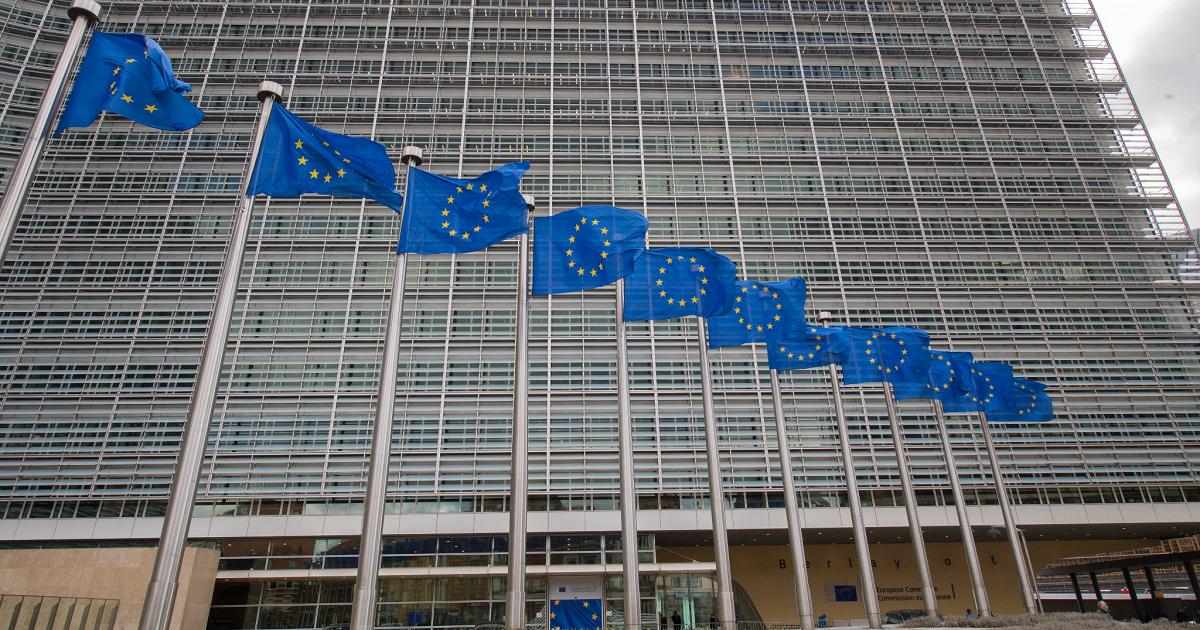In the Mediterranean, "Irini" (peace, in Greek) has been active for three years, a common naval security and defence mission to which 23 European Union countries belong. Can it play a role in preventing shipwrecks at sea like the one that happened yesterday? The question was asked today during the European Commission's daily press briefing.
"
Irini does not operate in Libyan waters, search and rescue operations in Libyan waters are only allowed for Libyan vessels," said Peter Stano, spokesman for the commission. To the observation that the dinghy that sank yesterday was not in Libyan waters, but in the Libyan search and rescue zone (SAR), that is, in international waters, the spokesman replied: "We cannot comment on the operations of the mission ships. If an Irini ship is close it is obliged to intervene, like any other ship", but the position of Irini's ships is a "strictly operational matter: you have to ask the mission".
"Irini vessels patrol a particular area determined by the agreement by member states and it is not the main route of migrants," he added, "Irini was designed and approved by member states first of all to oversee the application of the EU arms embargo on Libya. This is its primary objective. The secondary objective is to work against smuggling networks and conduct search and rescue operations when necessary as well as for any ship under the international law of the sea."
What Brussels plans to do in this regard is instead to provide Libya with "more boats" to the controversial Libyan Coast Guard, as announced by Ana Pisonero, another Commission spokeswoman: "Part of the EU's support to Libya is trying to stabilize the situation and strengthen their border management capabilities, I cannot give announcements regarding the timing, But we clearly see that there is a need to strengthen Libyan capacity, because they do not always have the means" to manage the borders, he added, stressing that "when there are people in danger it is mandatory to intervene".
A third spokeswoman, Dana Spinant, pointed out that "there are different types of coordination" and "European coordination" on migrants in the Mediterranean "does not include operational discussions on which vessels should intervene" in rescue operations and "the European Commission has neither the capacity nor the competence to intervene". Nevertheless, "dismantling the activities of migrant smugglers is a goal that we all want to pursue at European level, they are reckless people who are enriching themselves behind the desperation and risks that migrants take to reach Europe. This is a goal that we all very clearly share" and "the idea that every life lost at sea is one life lost too many and that we must all do everything possible to prevent this from happening again is always in President von der Leyen's mind".
At the next European Council, we learn in Brussels, there are no "new conclusions" on the issue of migration but only "a discussion" between the leaders, who will be updated on what has been done in recent weeks by the Commission and the Swedish rotating presidency.

